April 14, 2025 | 01:46 GMT +7
April 14, 2025 | 01:46 GMT +7
Hotline: 0913.378.918
April 14, 2025 | 01:46 GMT +7
Hotline: 0913.378.918
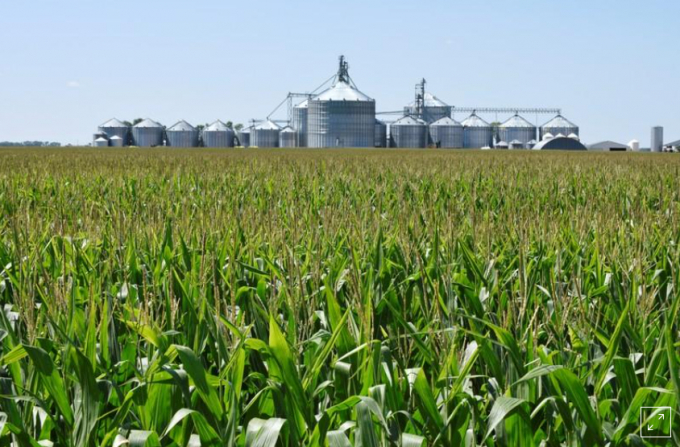
Even after weekend rains that may have been observed before Sunday’s reported status of crop conditions, USDA’s weekly Crop Progress report shows corn and soybeans deteriorating, but at the upper end of trade expectations.
CORN
In its report, the USDA pegged the U.S. corn good/excellent rating at 65%. The trade expected 63% to 65%. That’s below last week’s rating of 68% good to excellent and well below the five-year average of 71%.
USDA’s condition estimate for soybean puts 60% of the crop in the good/excellent categories. That’s slightly above trade forecasts of 58% to 59%. It’s down from last week’s 62% rating and under the 67% five-year average. Soybean emergence is at 91%, ahead of the 85% five-year average; the percentage of soybeans blooming is 5%, the same as the five year average.
WHEAT
In its report Monday, the USDA rated the U.S. spring crop at only 27% good/excellent, a full 10 points down from 37% last week.
The U.S. winter wheat crop is rated as 49% good/excellent, vs. 48% a week ago.
Crop progress and condition estimates are based on survey data collected each week from early April through the end of November, according to the USDA report.
“The non-probability crop progress and condition surveys include input from approximately 3,600 respondents whose occupations provide them opportunities to make visual observations and frequently bring them in contact with farmers in their counties. Based on standard definitions, these respondents subjectively estimate the progress of crops through various stages of development, as well as the progress of producer activities. They also provide subjective evaluations of crop conditions,” the USDA stated in its Monday report.
Most respondents complete their questionnaires on Friday or early Monday morning and submit them to the National Agricultural Statistics Service (NASS) field offices in their states by mail, telephone, fax, email, or through a secured internet website. A small number of reports are completed on Thursday, Saturday, and Sunday. Regardless of when questionnaires are completed, respondents are asked to report for the entire week ending on Sunday, according to the report.
(Crop News)

(VAN) According to Deputy Prime Minister Bui Thanh Son, through this P4G Summit, Vietnam aims to convey the message of transforming its growth model towards rapid and sustainable development.
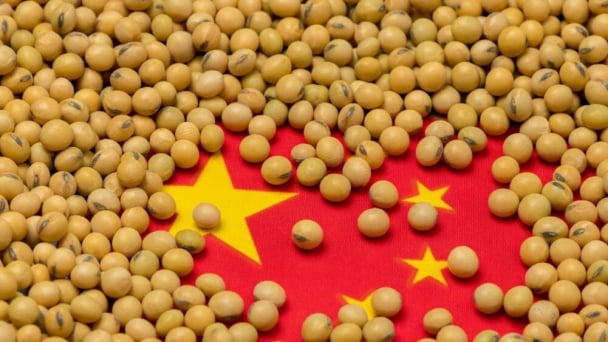
(VAN) Soybean production has been a priority for China to ensure food security, with increased soybean cultivation and yields highlighted in the annual No. 1 Central document.

(VAN) Vietnam Sea and Islands Week 2025 is expected to take place in Quang Binh, featuring a series of meaningful activities aimed at protecting the ocean through green technology solutions.
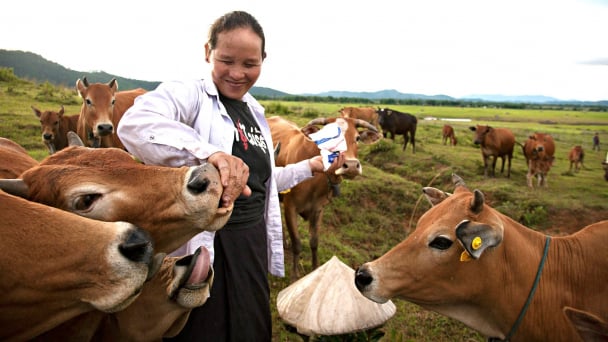
(VAN) The One Health approach is no longer merely an option, as increasingly complex challenges confront health and food systems.
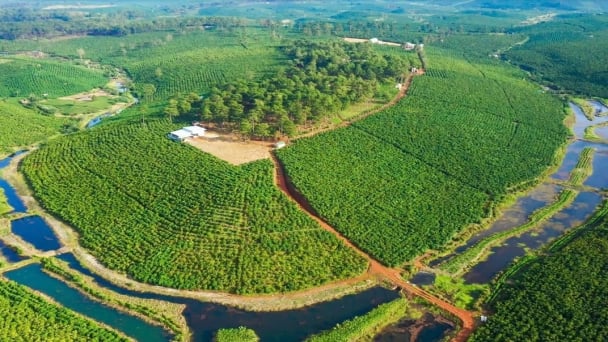
(VAN) The project promoting sustainable coffee production, with a focus on waste management and raising farmers’ awareness, has achieved many positive results after nearly two years of implementation.
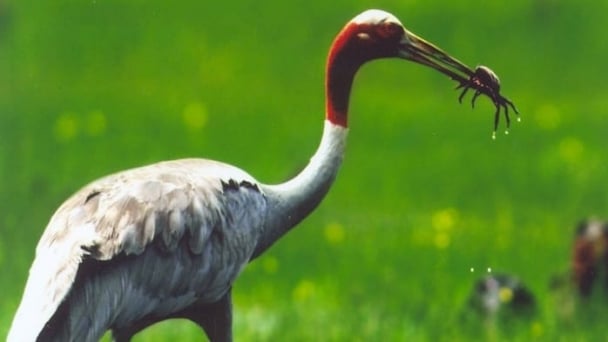
(VAN) Transferring and receiving 6 individuals of the red-crowned crane from Thailand to Vietnam marks a significant milestone in the conservation efforts for this species.
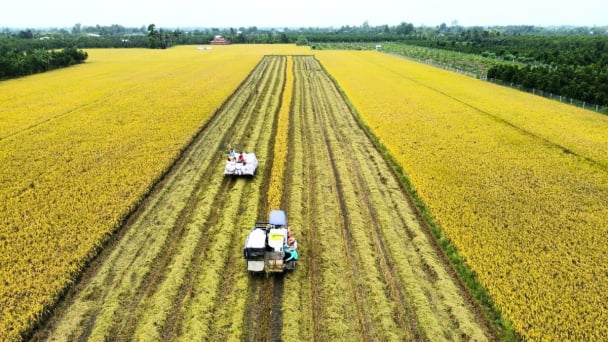
(VAN) After more than a year of implementation, the One Million Hectares of High-Quality, Low-Emission Rice project has completed the first steps, but it needs breakthrough solutions to deepen impacts in the upcoming phase.